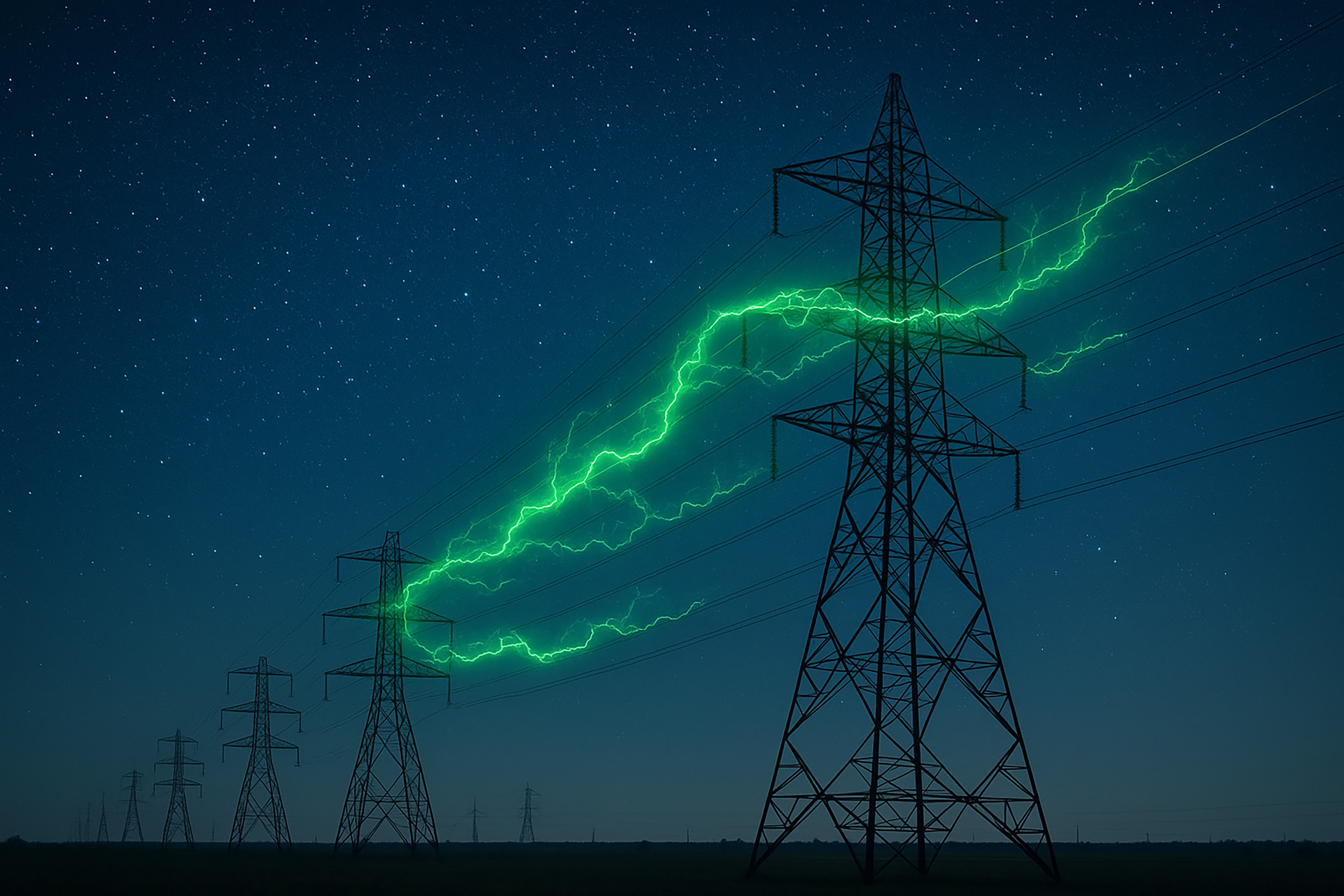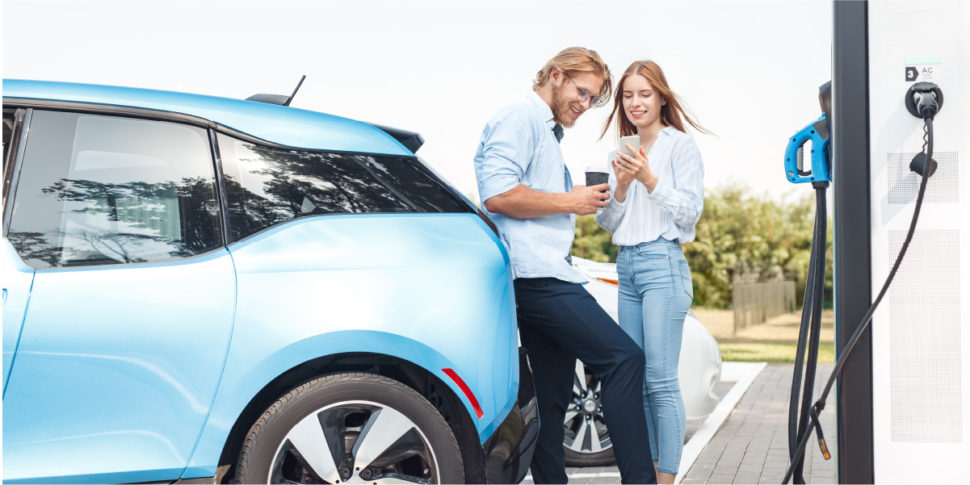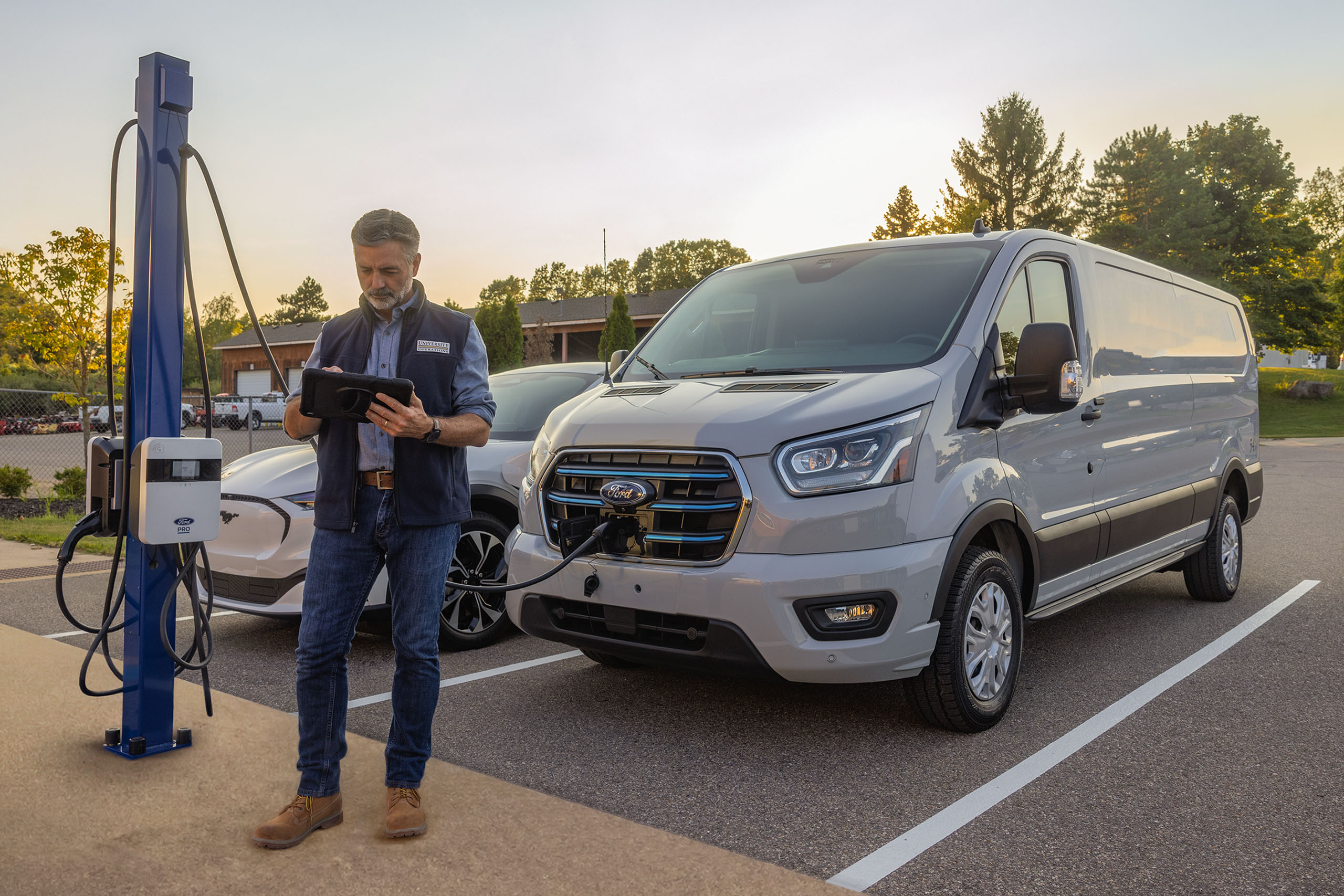

Between the second quarters of 2020 and 2021, the sales of electric vehicles (EVs) increased 200%, according to McKinsey. At this rate, McKinsey predicts that EV sales will comprise about 53% of all passenger-car sales by 2030. See how profit opportunities can expand with EV Chargers.
The number one deterrent to purchasing an EV is “not enough public chargers,” a Consumer Reports survey found. Nearly 30% of respondents indicated they had “nowhere to charge it at home.”
These trends present profit opportunities for businesses with electric vehicle chargers.
Future Energy can help your company determine how EV charging aligns with your brand. Our EV Impact Study™ has helped hundreds of our clients clarify the business value in EV charger installation. Done the right way, EV charging solutions can provide revenue streams you may not have considered.
Offering EV Charging for Employees
Where do you spend the most time? For most people, the top two answers are at home and at work. It makes sense that EV drivers look to charge their vehicles where their cars are parked the most.
In fact, more than 80% of EV charging takes place at home, according to a study by J.D. Power. However, level 1 charging, in which an EV plugs into a regular 120-volt outlet, is very slow. Level 1 EV charging will replenish an EV at a rate of about six miles for every hour it’s plugged in.
By contrast, level 2 chargers use 240 volts, charge vehicles up to 40 miles per hour, and are the most common charger for commercial use. Some EV drivers have installed level 2 chargers at home, but many consumers are apprehensive about the cost and bother of bringing a 240-volt line into their homes. That’s likely why 74% of EV owners express strong interest in workplace charging, according to Drive Clean.
EV Charging as an Employee Benefit
Many businesses are beginning to understand that EV charging can serve as a way to attract and retain employees.
In fact, one in four of Fortune Magazine’s “Top 100 Places to Work” is a customer of ChargePoint, which is an EV infrastructure company and Future Energy partner.
EV Charging as a Revenue Stream
Companies who install EV chargers for their employees can recoup their investment by asking employees to pay for their use. About 57% of EV drivers surveyed by Hedges & Company said they are willing to pay a premium to use a level 2 charger.
Similarly, a survey from E Source found that EV owners would pay a premium to charge. Specifically, 25% of respondents would pay $3 per hour—and 12% would pay $4 per hour—even if they could charge at home for $0.75 per hour.
EV Charging as an Attraction
Similiarly to how EV charging can attract employees, owners of multiunit dwellings can attract tenants by offering EV charging. Your business can absorb the cost of EV charging as a perk for tenants or ask drivers to pay a fee for EV charging. Interestingly, 58% of renters are willing to pay more to live in a place that offers EV charging, according to a study by Multifamily Executive.
EV Charging and Sustainability
The US Department of Energy provides guidance for companies seeking to implement workplace EV charging. Future Energy helps you take advantage of government incentives in designing an EV charging program that fulfills your business objectives.
Companies who designate a percentage of parking spaces for EV charging also contribute to sustainability goals. Your business can gain points toward Leadership in Energy and Environmental Design (LEED) certification.
Using EV Charging to Attract Customers
The demographics of EV drivers make them an attractive target for businesses. For example, the average household income of an EV driver ranges from $125,000 to $150,000, according to the Hedges & Company survey.
EV Charging Affects Customer Choice
Strategic use of EV chargers can help businesses attract new customers, indirectly increasing revenue.
For example, the installation of level 2 chargers for hotel guests attracts travelers looking for a place to charge their EVs overnight.
You also can attract business through the use of level 3—or direct-current fast chargers—which charge an EV to 80% in a half hour. In other words, customers can replenish their EV batteries while they eat at a restaurant or shop.
EV Charging Encourages Customers to Stay Longer
EV chargers increase customer “dwell time,” the amount of time they spend at a business. ChargePoint found that EV drivers spend on average 50 more minutes at businesses where their cars can recharge, another profit opportunity for your business.

EV Charging Brings Customers to Town
Increasingly, municipalities are providing public-facing EV chargers. Not only do these provide a revenue opportunity but also attract EV drivers to the downtown area, where they can patronize local stores and restaurants while they charge.
For example, the New York City Department of Transportation plans to create one of the largest municipal EV charging networks in the country. In April 2021, Con Edison completed the installation of 100 curbside EV charging ports in Brooklyn as part of the program. In addition to an increase in EV adoption, the plan hopes that EV charger installation will attract more customers to local businesses.
Understanding EV Charging for Dealerships
Original equipment manufacturers (OEMs) have begun to mandate that dealerships incorporate an increasing percentage of EVs into their inventory. As part of the EV influx, dealerships will need to install EV infrastructure.
Placing EV Chargers Strategically
Dealerships who place public-facing EV chargers at the front of the dealership help draw customers. Like a banner or pennant flags, EV chargers engage customer attention.
These EV chargers also can serve as a demo tool for customers. Your sales associates can show customers how EV charging works, which helps drive sales.
Improving the EV Sales Experience
The McKinsey study found that 90% of car shoppers still visit the dealership in person. Yet on a scale from 0 to 10, dealerships scored 3.3 in the category “EVs visible/presented in showroom.” And they scored 2.0 in the category “Knowledgeable about charging costs.”
Clearly, there is an opportunity for dealerships to boost sales through comprehensive training of associates in the use of EV infrastructure.
Part of Future Energy’s partnership with your dealership involves training your team so that your dealership boosts the confidence of potential EV buyers.
Establishing Commercial Partnerships
Future Energy sees the emergence of new partnership and profit opportunities for dealerships. Dealerships can work with the local utility company and municipality to install and operate EV chargers. In addition to EV charging revenue, your business benefits from the opportunity to increase brand recognition.
Incorporating EV Charging Solutions
Future Energy helps our clients think about profit opportunities for businesses with electric vehicle chargers. Contact us today to find out more about how Future Energy can help with your EV charging needs.



